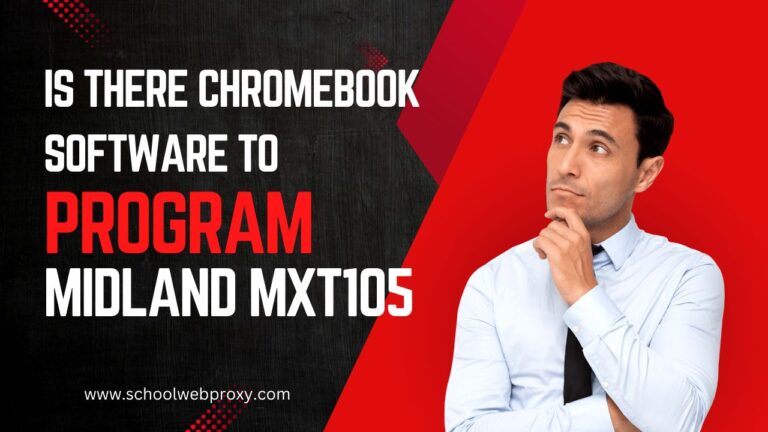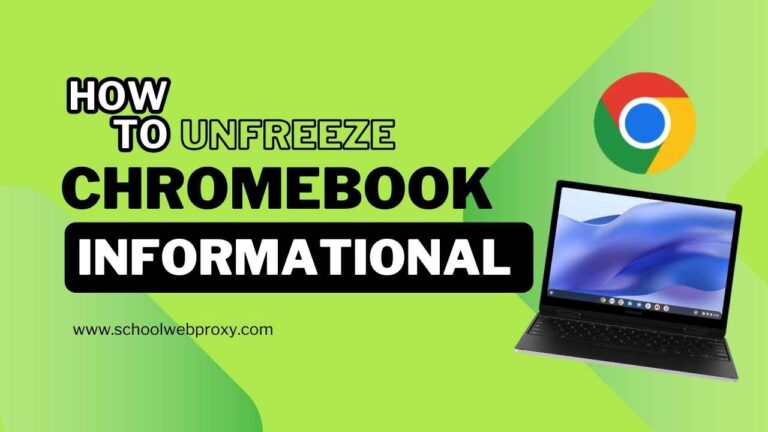Why are Chromebooks so bad? – Let Find it out
Introduction
In the world of laptops, Chromebooks have emerged as an affordable alternative to traditional Windows or Mac systems. But there’s a growing debate around their effectiveness. Are Chromebooks really as bad as some claim? Let’s explore the reasons behind these criticisms and dissect the facts.
The Concept of Chromebooks
At their core, Chromebooks are designed for internet-centric users. Running on Google’s Chrome OS, these devices integrate seamlessly with Google’s suite of applications. Primarily aimed at students and casual users, Chromebooks offer a simple, cloud-based computing experience. But does this limited focus hinder their broader appeal?
Limitations of Hardware
One of the main drawbacks of Chromebooks is their hardware. Often equipped with lower-end processors and minimal RAM, they can struggle with intensive tasks. Storage is another concern, with most models offering limited onboard space, relying instead on cloud storage. This can be a significant limitation for users accustomed to storing large files locally.
Also Read: Why Does My Chromebook Keep Disconnecting from Wi-Fi?
Operating System and Software Restrictions
Chrome OS is known for its simplicity and security. However, this comes at a cost. The OS supports mainly web-based applications and Android apps, limiting offline functionality and the ability to run traditional desktop software. This restrictive nature can be a deal-breaker for users needing specific programs not available on the platform.
Performance Issues
Performance issues are commonly reported by Chromebook users, particularly when multitasking or attempting to run more demanding applications. While sufficient for basic tasks like web browsing and document editing, they often falter under heavier loads, leading to frustration among users expecting more versatility.
Compatibility and Connectivity
Chromebooks can face challenges with peripheral device support and software compatibility. Users may find it difficult to connect certain external devices or run software that is not specifically designed for Chrome OS. This limitation can be particularly problematic for those who rely on specialized hardware or software for work or hobbies.
Also Read: How to Left Click on a Chromebook
Build Quality and Design
While some Chromebooks boast sleek designs and solid construction, others fall short in terms of build quality. Materials used and overall durability can vary significantly, with cheaper models often feeling flimsy or lacking in ergonomic design. This inconsistency in build quality can be a concern for users seeking a reliable device.
Security Concerns
Chromebooks are generally considered secure, thanks to Chrome OS’s sandboxing features and automatic updates. However, privacy concerns arise with the heavy reliance on cloud services and Google’s data collection practices. Users concerned about data privacy might be wary of entrusting their information to the cloud-centric nature of Chromebooks.
Summary
| Limitation | Description |
| Limited Hardware | Often equipped with lower-end processors and minimal RAM, affecting multitasking and performance of intensive tasks. |
| Restricted Storage | Minimal onboard storage with a heavy reliance on cloud storage, limiting local file storage capabilities. |
| Operating System Constraints | Chrome OS supports mainly web-based and Android apps, restricting the use of traditional desktop software and offline use. |
| Performance Challenges | Struggles with multitasking and running demanding applications, leading to potential frustration for users. |
| Compatibility Issues | Limited support for certain peripheral devices and lack of compatibility with some software not designed for Chrome OS. |
| Variable Build Quality | Inconsistent build quality across models, with some feeling flimsy or lacking in ergonomic design. |
| Privacy and Security Concerns | Reliance on cloud services raises privacy issues, despite Chrome OS’s inherent security features. |
| Limited Software Functionality | Inability to run high-end gaming software or professional-grade applications due to OS and hardware limitations. |
Market Alternatives
When compared to other laptops in similar price ranges, Chromebooks often offer less power and flexibility. While they may be a cost-effective choice for basic computing needs, users looking for more robust performance or specific software capabilities might find better value in Windows or Mac alternatives.
User Experience
User feedback on Chromebooks is mixed. Some appreciate the simplicity and cloud-based approach, while others feel restricted by the hardware limitations and OS constraints. User satisfaction largely depends on individual needs and expectations from a laptop.
The Future of Chromebooks
The future of Chromebooks hinges on their ability to evolve. As cloud computing becomes more prevalent and internet speeds increase, these devices could become more appealing. However, they will need to address current limitations to attract a broader user base.
Conclusion
In conclusion, while Chromebooks offer certain advantages like affordability and simplicity, they come with significant limitations in terms of performance, compatibility, and versatility. They are best suited for users with basic computing needs and a heavy reliance on cloud services. For those requiring more robust hardware or software flexibility, other options might be more appropriate.
Also Read: Chromebook Delete Key: Mastering the Unique Keyboard Layout
FAQs:
- Are Chromebooks suitable for heavy gaming?
Chromebooks are not ideal for heavy gaming due to their limited hardware capabilities and lack of support for high-end gaming software. - Can Chromebooks run Windows applications?
Chromebooks cannot natively run Windows applications, though some workarounds exist using cloud-based services or Linux. - How does the storage capacity of Chromebooks compare to other laptops?
Chromebooks typically have less onboard storage compared to other laptops, relying more on cloud storage solutions. - Are Chromebooks a good choice for professional use?
Chromebooks can be suitable for professionals who rely primarily on web-based applications and do not require specific software not available on Chrome OS. - What are the best alternatives to Chromebooks?
Alternatives to Chromebooks include budget Windows laptops and entry-level MacBooks, which offer more robust hardware and software flexibility.







Just wish to say your article is as surprising The clearness in your post is just cool and i could assume youre an expert on this subject Fine with your permission allow me to grab your RSS feed to keep updated with forthcoming post Thanks a million and please keep up the enjoyable work
Hey, cool post There is an issue with your website in Internet Explorer; could you please check this? Because of this issue, many people will overlook your excellent article because IE is still the most used browser.
Simply desire to say your article is as surprising The clearness in your post is simply excellent and i could assume you are an expert on this subject Fine with your permission let me to grab your feed to keep up to date with forthcoming post Thanks a million and please carry on the gratifying work
Magnificent beat I would like to apprentice while you amend your site how can i subscribe for a blog web site The account helped me a acceptable deal I had been a little bit acquainted of this your broadcast offered bright clear idea
Your article helped me a lot, is there any more related content? Thanks!
Your article helped me a lot, is there any more related content? Thanks!
Can you be more specific about the content of your article? After reading it, I still have some doubts. Hope you can help me.
Your point of view caught my eye and was very interesting. Thanks. I have a question for you.